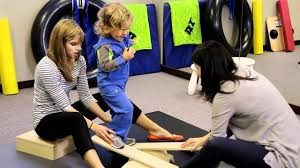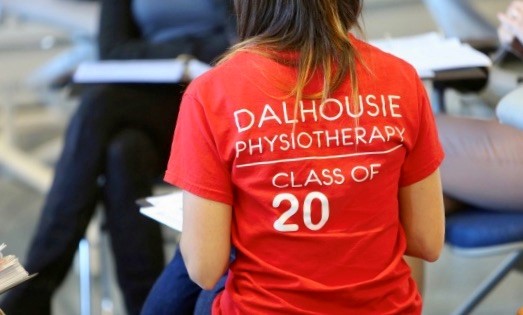About Physiotherapy

Physiotherapists assess the client's level of mobility, strength, endurance and other physical abilities to determine the impact of their illness, condition or injury on their physical function, whether at work, rest or play.
Physiotherapists diagnose the condition and develop a treatment plan to help clients understand the condition and how it impacts their function. They help restore movement, reduce pain or mobility limitations. They measure the client's progress regularly and adjust the treatment as needed.
.jpg)
Physiotherapists provide valuable treatment for people across the life span from birth to older age. Primarily, they work in 3 areas:
- orthopaedics (back and neck pain, arthritis, sports injuries, motor vehicle accidents and after surgeries such as knee replacement)
- neurology (stroke, spinal cord injury, cerebral palsy, head injuries, Parkinson’s disease and multiple sclerosis)
- cardiorespiratory (asthma, pneumonia, cardiac surgery, cystic fibrosis, lung disease)
Physiotherapists also work in other areas such as women’s health (including pre and postnatal care, and other women’s health issues), paediatric and senior’s care and health promotion. They also help manage the physical complications of cancer and its treatment.


Physiotherapists work within a broad range of practice settings:
- Home and community:
- individual homes, primary care settings, community health clinics, on sports fields with teams, sports medicine clinics, and workers compensation boards
- Health and education facilities:
- Hospitals, long term care facilities, rehabilitation centres, sports and recreation centres, schools, universities and colleges, and research centres
- Industry and business:
- private practices, health promotion agencies, corporations, rehabilitation companies, insurance, construction, oil and gas companies, high technology firms
- Government:
- All levels of government advising on policy, health promotion, public health, primary health, disability prevention/management, and international rehabilitation program development.

There are 15 Universities in Canada offering Physiotherapy Masters Programs.
Physiotherapy is not offered as a program of study in the province of Newfoundland and Labrador. The Government of Newfoundland and Labrador has a seat purchase arrangement with the School of Physiotherapy at Dalhousie University, the only PT education program in Atlantic Canada, for students who are residents of Newfoundland and Labrador.
Applicants seeking admission to the MSc (Physiotherapy) entry level program at Dalhousie University must have completed an undergraduate degree and several pre-requisite courses.
For more information regarding applications and pre-requisites see the MSc (Physiotherapy) program at Dalhousie University.
Each school has their own application process, pre-requisite courses, dates and deadlines for application.
Students are advised to check directly with the universities to which they plan to apply to ensure that their prerequisite course selection is appropriate and transferable for credit. As universities change their admission requirements from time to time, it is important to consult the websites of the universities to which you plan to apply in order to keep current on the admission requirements.
For more information, about the various MSc (Physiotherapy) in Canada, please go to The Canadian Council of Physiotherapy University Programs.